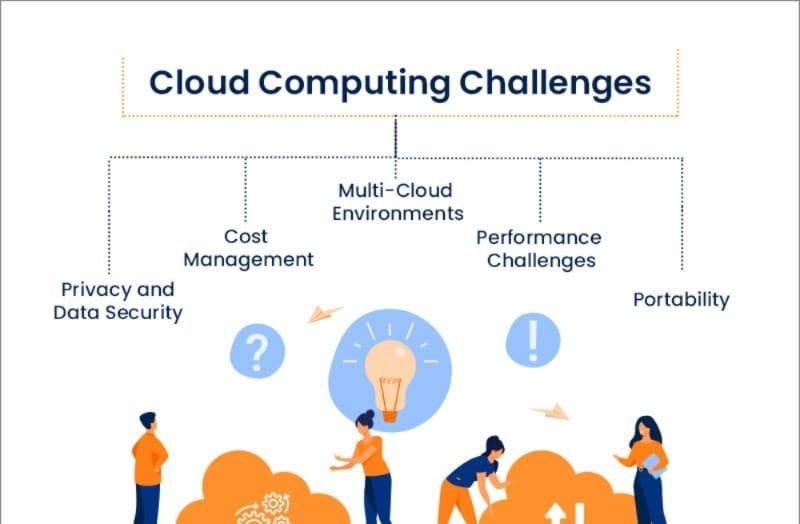How to Become an Information Security Analyst

The lifeblood of company is data. Access to sophisticated data for solving complicated business challenges has never been more widespread because to the widespread adoption of networked computing in even the smallest enterprises, the development of the internet, and cloud computing services. Data has evolved into its own currency because it can be utilised to create a competitive advantage; raw data as well as the technologies used to gather, curate, and process it have a very real worth.
Data has gotten less safe as data systems have become more widespread for the most basic of reasons: when more firms manage massive data stores, high-tech thieves have more and simpler targets to attack. Big Data is now handled by small- to medium-sized businesses, while it was previously primarily found in governmental organisations and the biggest blue-chip corporations. These smaller businesses frequently lack the IT expertise and resources necessary to protect data. Target, Neiman Marcus, Equifax, and many other well-known companies have experienced significant data breaches in the last ten years. As a result, Information Security Analyst positions are in high demand across a variety of industries and business sizes.
Information Security Analyst: What Is It?
An information security analyst protects computer networks run by for-profit companies, governmental agencies, and charitable groups. There are very few industries that rely on data security more than those that do, including finance, marketing, insurance, sales, computer systems, and many more. Setting up scalable security systems to handle and stop threats is the analyst’s main duty. Industry-specific employment requirements vary, but an information security analyst is frequently on call in the event of a data breach, hacking, or other emergency involving the protection of digital assets. IT administrators and corporate leaders use reports produced by analysts to evaluate the viability of their security systems. Companies will modify their security networks in accordance with the analyst’s suggestions to make sure that only authorised people may access information. It is also a component of the work to develop and conduct educational programmes because it is frequently important to assist staff, end users, and executives in maintaining sound security procedures.
Information Security Analysts: What Do They Do?
The following duties are commonly carried out by an information security analyst:
- Check for security lapses on the networks of their company.
- To protect sensitive data, keep firewalls and data encryption programmes up to date.
- Verify the security of networks and computers.
- Stay up-to-date on the newest advances in information technology security (IT) (IT)
- Metric analysis, attack preparation, and security breach attempt
- Establish security guidelines for the entire organisation
- Make sure senior IT staff is informed of security updates.
- Help users install or understand new security products
What Employment Opportunities Exist?
Businesses all across the world are concerned about information security, so qualified information security analysts are in high demand. As a result, there are many work opportunities available. The Bureau of Labor Statistics (BLS) projects that employment of information security analysts will increase by 28% between 2016 and 2026, which is much greater than the average growth for all occupations. The fourth-best IT job in 2019 and beyond, according to U.S.News, is information security analyst. This results from the large range of companies looking for data security solutions. Information security analysts earn more than average salaries since they are in high demand and limited availability.
The average annual income for information security analysts, according to Indeed, is $81,065; however, this figure may go up depending on your skills and experience.
Market sentiment is clear. Analysts in information security are more important than ever. Currently, the demand for work has not been met by the number of experts with the necessary certificates.
What Credentials Are Required?
An information security certification is made up of a number of separate certificates that together demonstrate a solid understanding of diverse subjects. Our security training programmes and certifications teach security experts how to identify weaknesses, thwart threats, and react quickly in an emergency.





